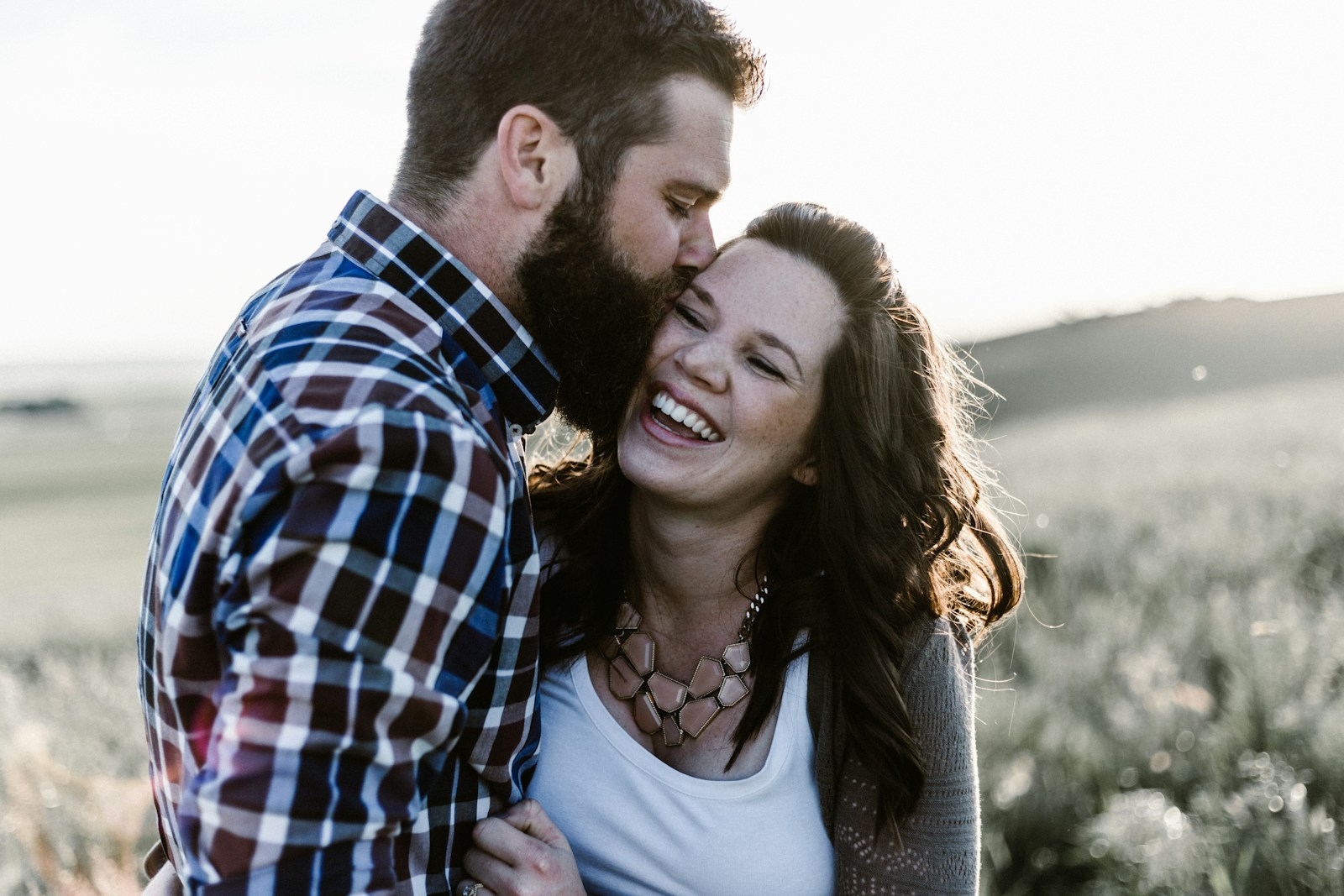Healthy relationships don’t just happen — they’re built. Not on perfect compatibility or constant happiness, but on honesty, emotional safety, and mutual respect. While society romanticizes intensity, real love is often quiet. It feels calm. It feels steady. And it gives both people room to grow.
Foundation: Self-Awareness Comes First
You can’t build a strong relationship if you don’t know yourself. What are your needs? Your values? Your deal-breakers? Many people enter relationships hoping to find themselves through someone else — but that usually leads to disappointment or dependency. When you know who you are, you connect from fullness, not fear.
Emotional Safety Is Not Optional
In healthy relationships, you feel safe to speak, feel, and exist as you are. Disagreements aren’t avoided — they’re navigated with care. You don’t fear emotional punishment. You don’t tiptoe. Instead, there’s a shared sense of “we” — two people committed not just to each other, but to emotional responsibility.
Mutual Effort Over One-Sided Giving
It’s not your job to carry the whole relationship. If one person is always initiating, apologizing, or adapting, it’s not balanced. Healthy love includes reciprocity. That means both people invest time, energy, and vulnerability. It doesn’t have to be 50/50 every day — but over time, it should feel fair.
Boundaries Strengthen, Not Weaken, Intimacy
Many fear that setting boundaries will create distance. But the opposite is true. When you communicate your needs, limits, and expectations clearly, you invite deeper connection. You give your partner a roadmap to love you well — and you learn to do the same in return.
Signs You’re Building Something Strong
- You both feel safe expressing emotion — joy, fear, frustration, love.
- There’s space for independence — neither person is lost in the other.
- You handle conflict with respect — not blame or avoidance.
- You grow individually and together — the relationship supports your goals, not competes with them.
Real love isn’t about finding someone to “complete” you. It’s about choosing someone who complements you — someone you build with, not around. When you start from self-awareness, speak with honesty, and lead with respect, you lay the foundation for a relationship that lasts — not because it’s easy, but because it’s real.

